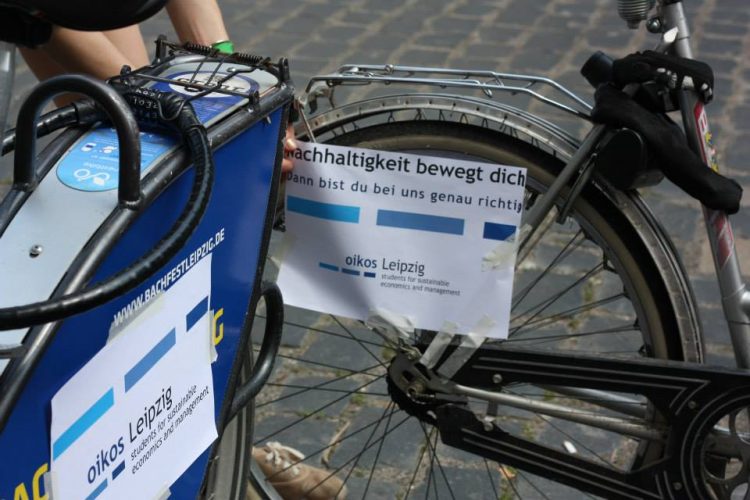Abstract The dislocation of millions of people in various conflict zones of the Middle East and Africa is one of the greatest humanitarian catastrophes of our time. Given the...
Does additional growth in the industrialised countries trigger increasing happiness? What societal and environmental impact results of our constant pursuit of growth? Is share economy just a fashionable trend...
First Alumni Debate: Panel Discussion on Growth and Sustainability The oikos alumni met on 19 September 2013 for an apéro and panel discussion on growth and sustainability. The event took place in...
The 10th oikos Winter School is organized by students of the Witten/Herdecke University, Germany. This year’s central question is Green Economy or Post-Growth Society? – How can economics and...
Case Abstract Tim O’Brien, Founder of Tropical Salvage, was ready to launch a growth strategy for his company. He had spent ten years building the sourcing, production and...
Case Abstract By August 2007, Deborah Cairns and Fran Reilly had been in business just a year and their alternative, family-directed funeral business had already won a regional...
Case abstract Scojo Foundation uses a market-based approach to sell affordable reading glasses to the poor. While it had been another successful year for Scojo, Jordan Kassalow, Chairman...


